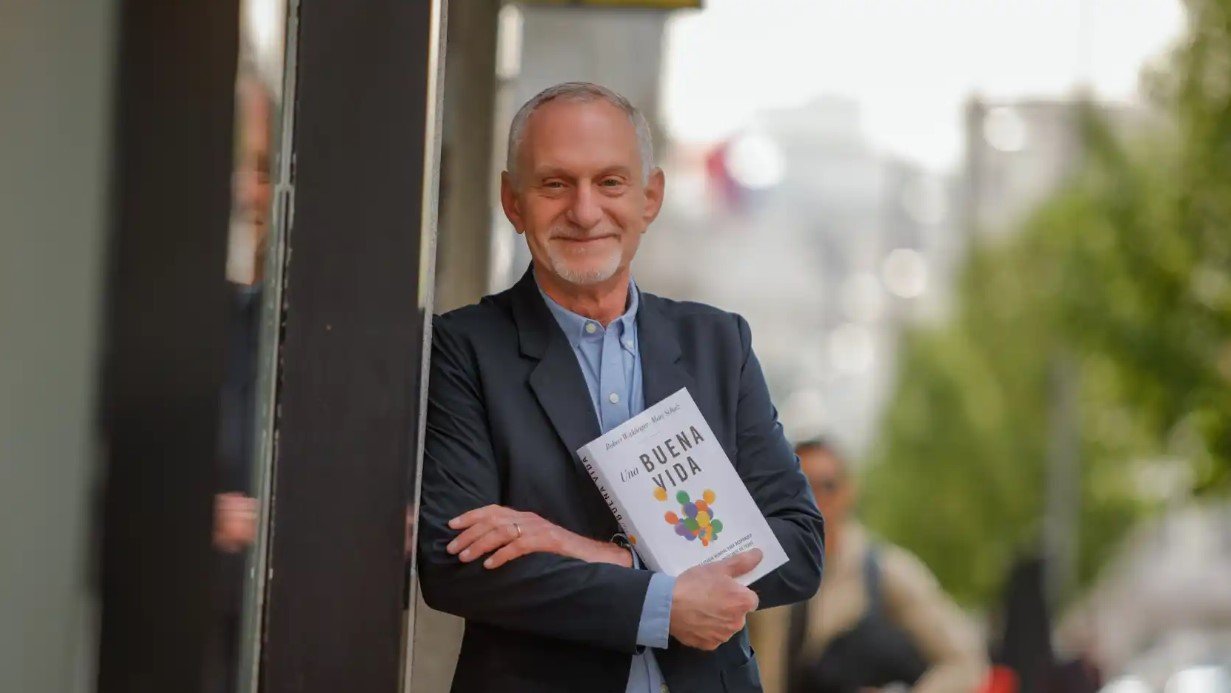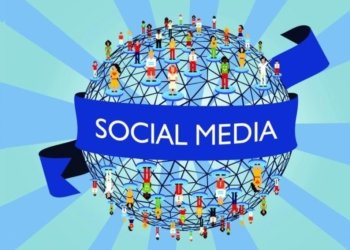In a world where social media platforms dominate our daily lives, it’s essential to understand their impact on our well-being. A recent study by renowned American psychiatrist Dr. Robert Waldinger offers a quick and accessible test to evaluate your relationship with social networks. Whether these platforms enhance your happiness or drag you down depends on how you engage with them.
The Test: Energizing or Draining?
- Engage: Spend your usual 10 minutes on social media platforms.
- Reflect: Afterward, ask yourself:
- Do I feel more energetic than when I started?
- Am I more open to the world and others, or do I withdraw into myself?
If you feel energized and open, social media is likely healthy for you. If not, consider stepping back or limiting your digital activity. Dr. Waldinger applied this method to himself, emphasizing the importance of mindful use.

The Social Media Dilemma
Social media’s impact on mental health is a hot topic. While some studies suggest positive effects, others highlight risks. Let’s explore both sides:
The Upsides
- Connection: Social media facilitates connections, overcoming barriers of distance and time. Online communities provide spaces for discussions, reducing stigmatization and increasing belongingness.
- Peer Support: Mutual friendships, rewarding interactions, and humor on social media can reduce stress during challenging times.
The Downsides
- Comparison Trap: Scrolling through filtered glimpses of others’ lives can lead to envy and feelings of inadequacy.
- Sleep Disruption: Excessive use, especially at night, affects sleep quality.
- Fear of Missing Out (FOMO): The fear of missing important content keeps users engaged, even when it impacts well-being.
Balancing Act
Social media isn’t inherently good or bad—it’s how we use it. By understanding its effects and practicing mindful engagement, we can harness its benefits while minimizing harm.
































